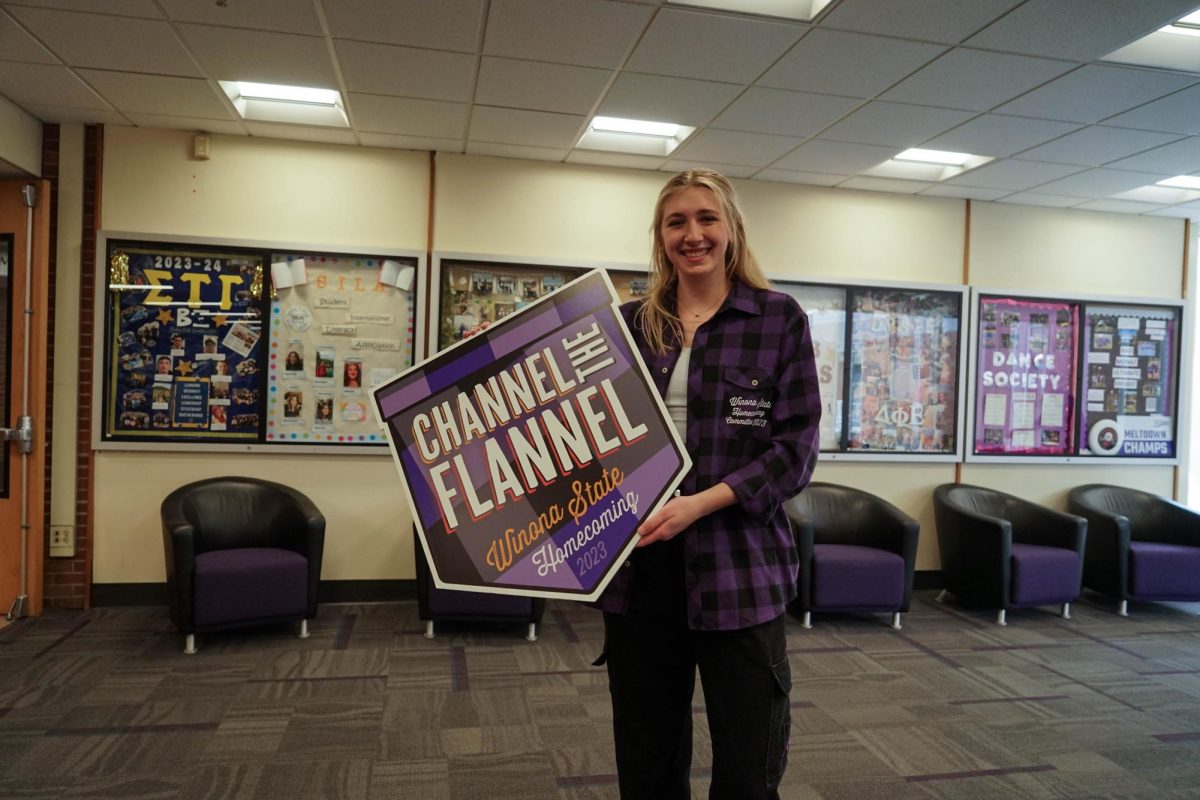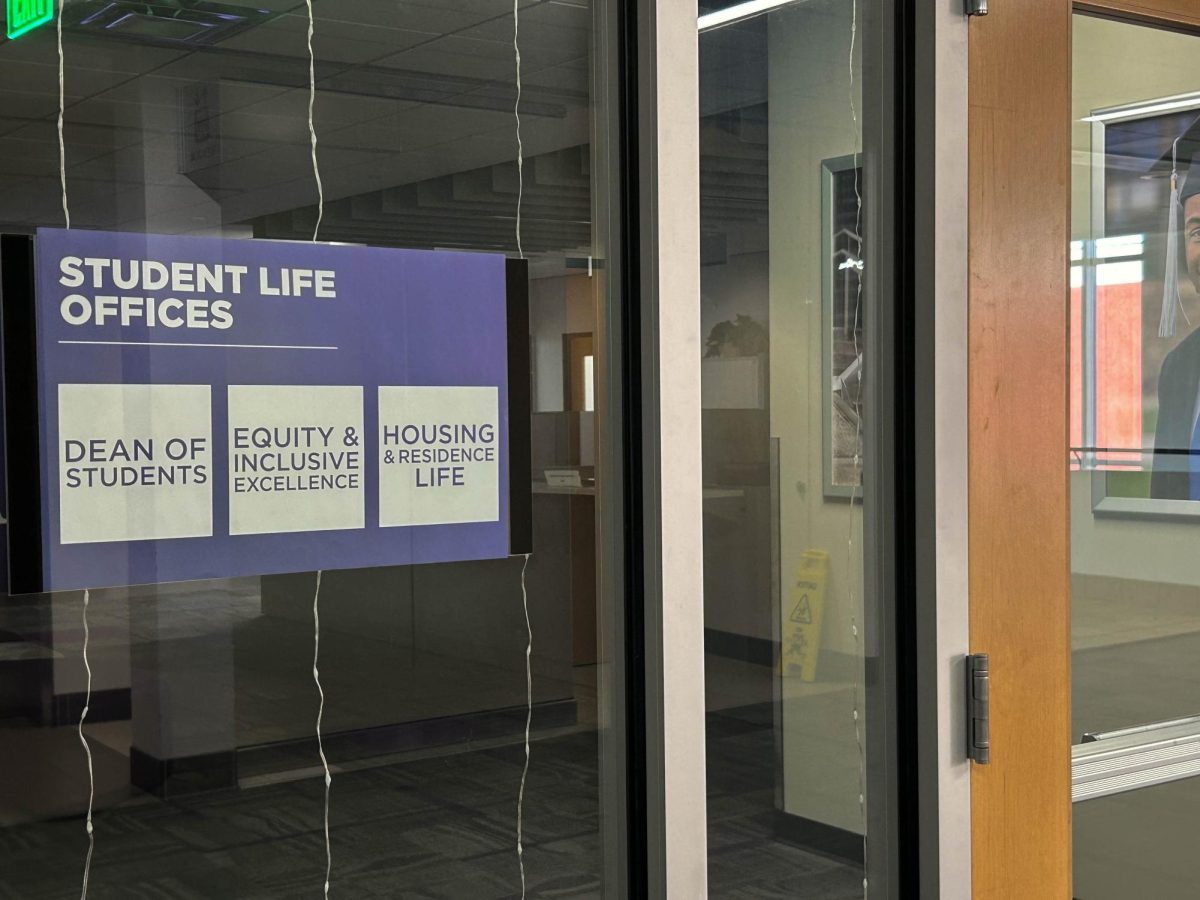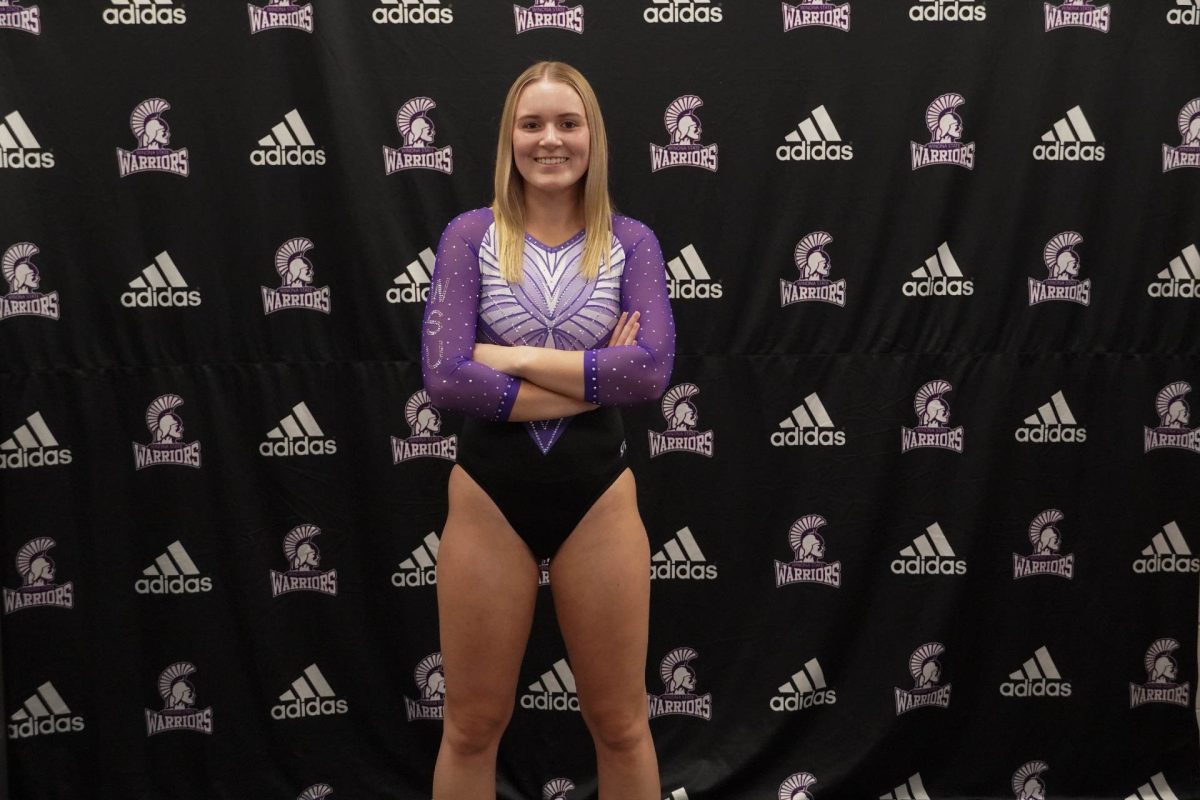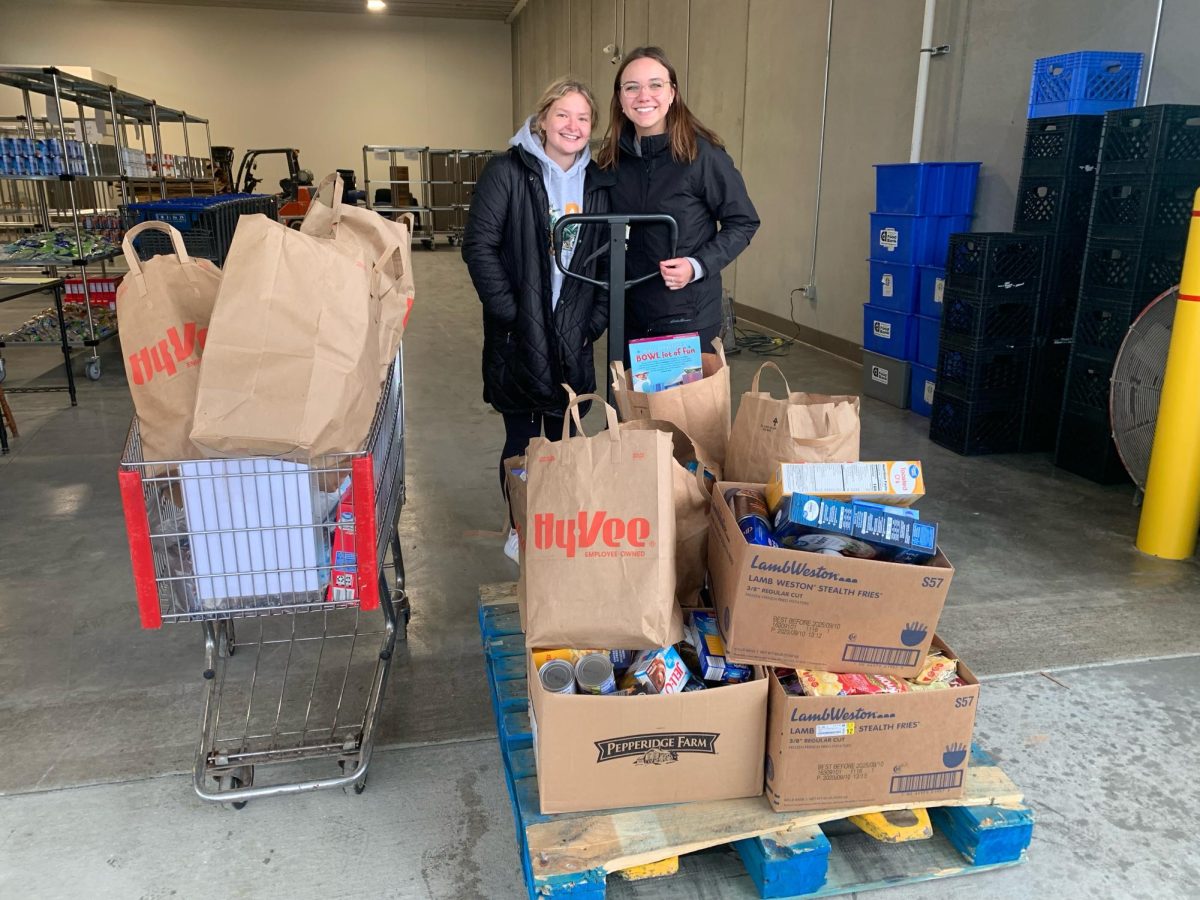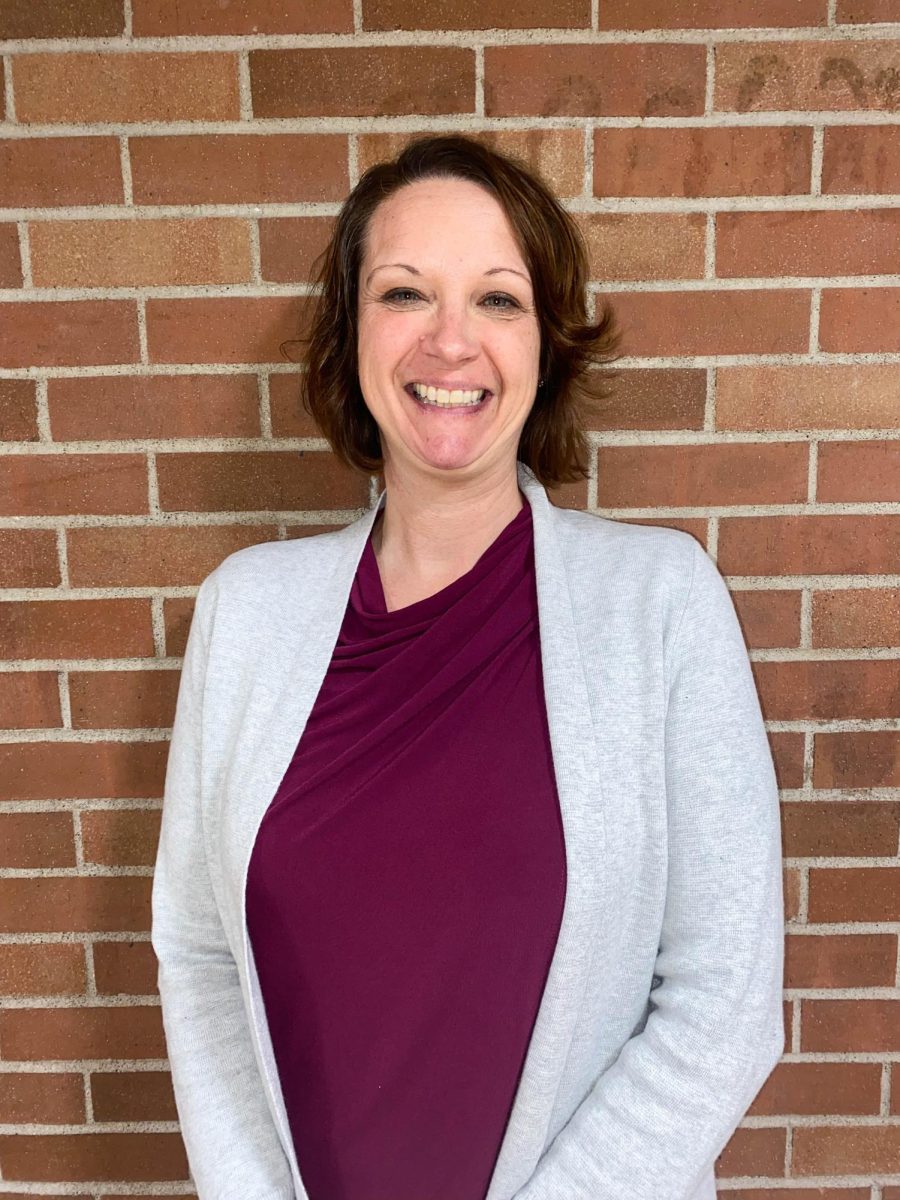Elizabeth Pulanco / Winonan
As a part of their efforts to combat gender-based violence, the RE Initiative, a Winona State University club created to help support survivors and end gender–based violence (GBV), host panels to discuss the effects of this violence on certain communities. The panel discussion on Tuesday, Jan. 26 was about how GBV effects members of the LGBT community.
The RE Initiative sponsored the event with the help of Minnesota State University Student’s Association (MSUSA).
President of the RE Initiative, Kathreen Smith, believes the panel has helped create room for a respectful discussion on these issues.
“We’re trying to create an environment for discussing intersectional issues,” Smith said. “This will also help us provide support and help for the survivors and help prevent these issues as well.”
During the panel, moderator Bekah Bailey discussed GBV with members of the LGBT community.
GBV is a general term used to describe cases of domestic violence, sexual assault and sexual harassment, but due to the complexity of the LGBT community, some cases need to be handled differently.
The first part of the discussion focused on how members of the LGBT community face higher risks of being subjected to GBV.
Panel member Kate Jenkins discussed how members of the LGBT community are impacted by this violence, and how elements such as race influence this type of violence.
“Gender -based violence effects multiple groups within the LGBT community,” Jenkins said. “Bisexual individuals of both genders are more likely to experience sexual violence in relationships, and transgender women of color are at the highest risk for anti-LGBT gender-based violence.”
These events are also made more difficult by the lack of trust between law enforcement and members of the LGBT community.
Jenkins mentioned how this distrust is created by the re-victimization some victims face after an assault when police officers enter the crime scene.
“There have been cases where an officer may harass a victim and not include the incident as a hate crime in the police report,” Jenkins said.
According to a report filed by the Williams Institute in 2014, 73 percent of people in the LGBT community had face-to-face contact with the police. Out of these people, 21 percent reported hostile police behavior, 14 percent reported verbal assault and 3 percent reported sexual harassment.
Due to the risk of police harassment and misconduct with their cases, individuals may not even file a police report.
The students featured on the panel discussed issues of GBV in the local LGBT community, as well as outside.
Cases of sexual assaults have been looming over college campuses across the United States, and due to the stigmatization of these assaults many victims have not been filing reports. Universities have also been reporting false numbers of assaults on security data.
Although the RE Initiative provides support and services for survivors, there is still a lack of knowledge about filing sexual assault reports. The documents detailing the reporting of sexual assaults and sexual harassment at Winona State are also outdated.
“These documents haven’t been updated since 1988, and they do not include anything about sexual identity, gender identity or gender expression,” Jenkins said.
As for the actions of universities, MSUSA organizing intern Aly Hagglund believes there needs to be a greater sense of transparency.
“Universities don’t want to report the full number of sexual assaults, but schools need to realize that this is something they need to do in order to protect the safety of their students,” Hagglund said.
Although some improvements need to be made, Winona State provides many resources for students in and outside the LGBT community who are survivors of GBV.
“We have a 24/7 gender-based violence hotline on campus and members of the RE Initiative are PACT trained and work with counseling services,” Smith said. “For those who would like to report an assault and make accommodations, they can contact our Title IX Coordinator Lori Mikl. There is also a support group for gender-based violence survivors.”
In order to continue the education and awareness about GBV and its effects on certain communities, more panels will be taking place during the semester.




